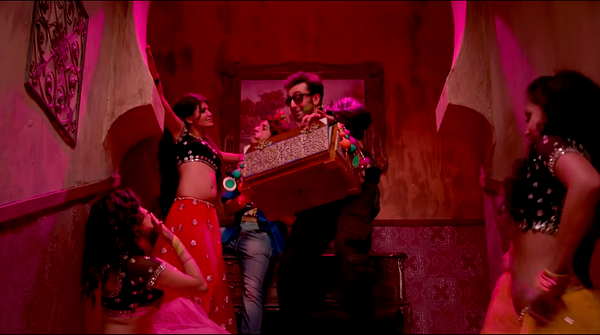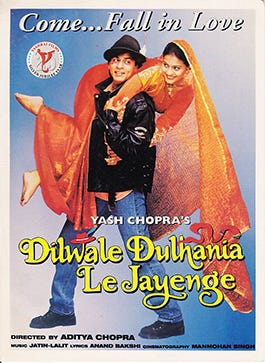The Over-Sexualisation of Bollywood
Bollywood has taken over our nation and others with its cheerful and colourful portrayal of fictitious and often unbelievable stories. Its iconic presence has been fuelled by romantic love stories, upbeat dance sequences, and big-name stars who keep multiplying box office revenue. But, as always, there is a darker flip side; the prevailing sexualism and misogyny in a vast majority of mainstream Bollywood movies. Of all the success and fame Bollywood brings to India and the film industry, it is dragged down by this very trait; a trait that influences impressionable youth and the general public.
Item songs are the embodiment of this bitter truth. These songs and their accompanying dance offer no progression in plot, neither do they aid any kind of character development; they just distract the audience. Starring sensuous females with perfectly sculpted bodies (who may be in the movie only for this particular song), these scenes aim to sensualise and titillate the viewers with, more often than not, sexual objectification. Coupled with catchy misogynistic lyrics containing racy imagery, it is the perfect combination to gain publicity among the masses and sell tickets, albeit at the expense of quality content. This leads to the casting of popular actors upon whose reputation and hype rides the initial success of the movie over the box office weekend. But popularity does necessarily not go hand-in-hand with acting talent, something that screenwriters seem to acknowledge with their generic scripts and plots which offer little scope for originality. Good actors may not be the most buff or the most beautiful, and so they take a backseat waiting for the few better projects which often have smaller budgets and tighter schedules.

The second embodiment is the behaviour of male characters towards their love interests. Films showcasing what is essentially stalking and objectification of women in grand gestures to ‘win her’ like a prize has been around since ‘Dilwale Dulhania Le Jayenge’ to the most popular movie I could find exhibiting this example- ‘Main Tera Hero’. Watching these movies, in turn, illustrates an example for the audience on ‘acceptable’ behaviour. A few years ago, The Guardian reported that an Indian security guard accused of stalking in Australia escaped jail by blaming Bollywood for giving him cues to stalk. From what I understood from certain movies I had the misfortune to see, the way to ‘score’ a girl was by following her around town and making a grand scene by regurgitating a song or two. This could not be further from reality. Although one may not realise, it is always women who are chased because they ‘need a man’ to live their life fully, which is inherently another stereotype; one that even the best of Bollywood films is not able to get rid of. Even in immensely successful films such as Raazi and Dangal, which showcase strong female leads and none of the aforementioned vices of Bollywood, the presence of a towering manly figure is clear.

And so, lie the consequences of the excessive sexualization of Bollywood. As a film industry, it propagates ideals, morals, and information to the world. Stalking, objectification, harassment — in a global community trying to combat these very issues, one wonders why we are still falling so far behind. Many of us believe that movies of an era reflect the society of that era. However, I also believe that society may mould itself into its portrayal on the silver screen. That is why a film’s impact is not limited to those two hours in plush seats or the discussions after, but as an influence on anyone and their views as an individual.


Leave a Reply
Authentication required
You must log in to post a comment.
Log in